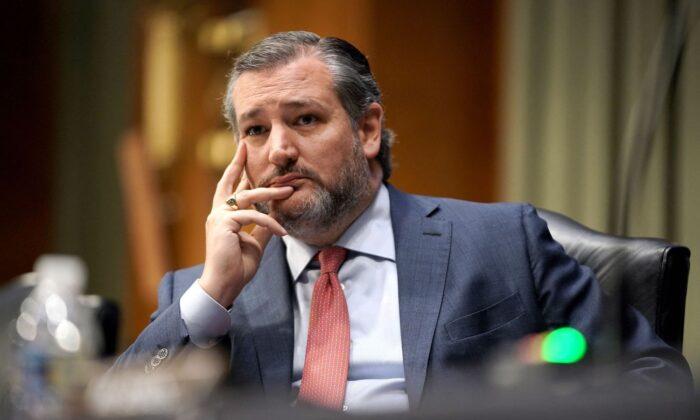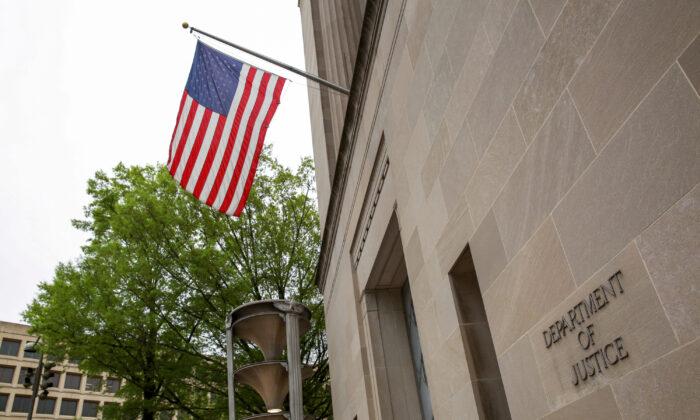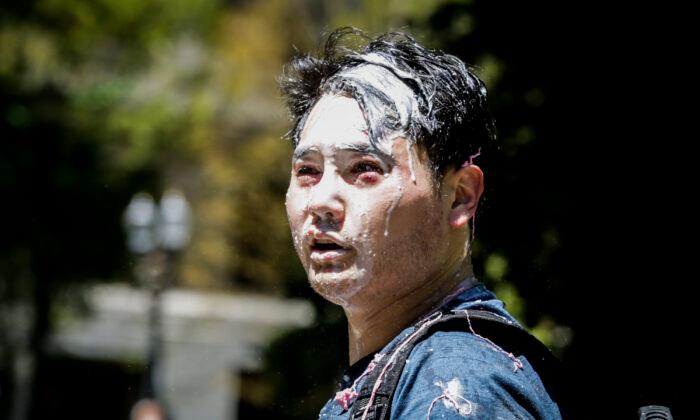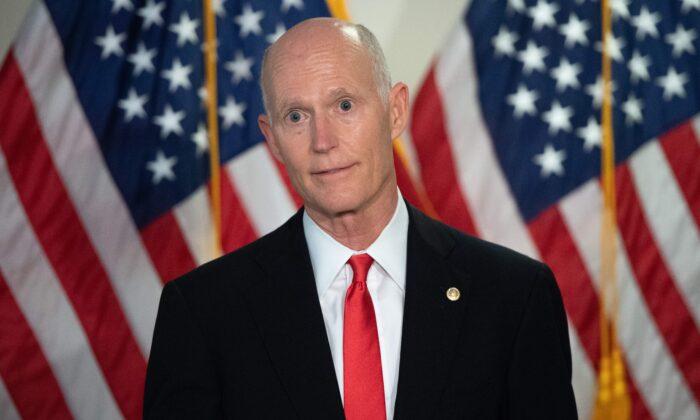Lobbyists working for foreign companies or governments will face stricter controls after the federal parliament passed new counter-intelligence legislation targeting foreign interference in the Senate on June 28.
“Media reports have suggested that the Chinese Communist Party (CCP) has been working to covertly interfere with our media, our universities, and even the decisions of elected representatives right here in this building,” he said in parliament at the time.
“We take these reports very seriously.
“Our relationship with China is far too important to put at risk by failing to clearly set the terms of healthy and sustainable engagement. Modern China was founded by the statement that Chinese people have stood up. And today, and every day, the Australian people stand up and assert their sovereignty in our nation, with our parliament and with our laws.”
The CCP has denied allegations of meddling in Australian affairs and launched a rare diplomatic protest.On Thursday, the new law received strong bipartisan support, which allowed it to pass the Senate before Parliament went on winter recess.
Labor Senator Penny Wong told the Upper House during the debate that the law is, at its heart, to not allow interference in Australia’s elections or democratic processes.
“That objective should be an objective held across this Parliament.”
Another law banning foreign political donations has yet to be introduced in the lower house.
Turnbull acknowledged in April that relations with China, which last year included two-way trade of A$170 billion ($125.6 billion), had soured because of the legislation. However, he said he was confident that the misunderstandings would be resolved.
“Sometimes you'll get issues at a fairly granular level. You know recently there were reports of containers of wine being held up on the docks. Well, we went to work to ensure that that could be resolved and indeed so it was.
“So I’m filled with optimism about the relationship. I think we should all be positive about it and recognise the strength of the engagement and also note that sometimes in the media there is always going to be an emphasis on differences, on conflict, on problems,” Turnbull said.
The telecommunications company was targeted by a U.S.-China Economic and Security Review Commission report, which was released in April, that said the company has extensive ties with the Chinese regime. Ren Zhengfei, the founder of the company, was a former officer in the People’s Liberation Army (PLA). He continues to run the company today.
Turnbull said on June 27 that his government was still mulling Huawei’s role in the country’s nascent 5G network.
“We’ll continue to consider that and get the best advice on that from our national security agencies,” he said.




